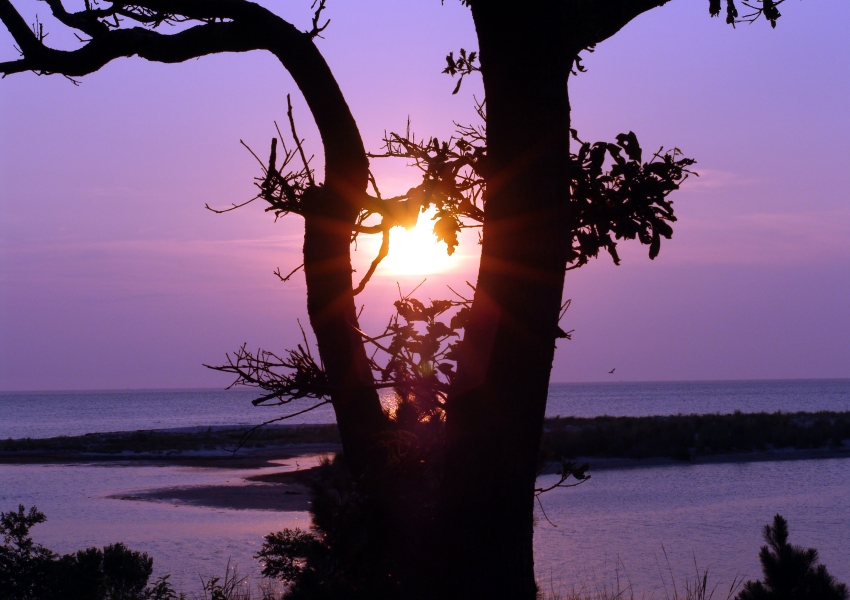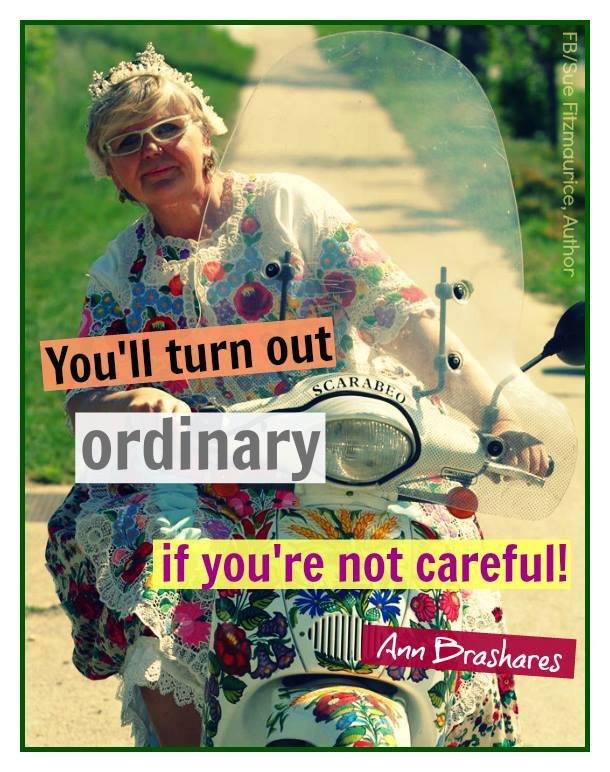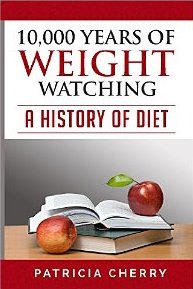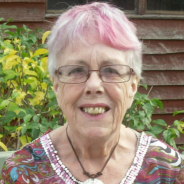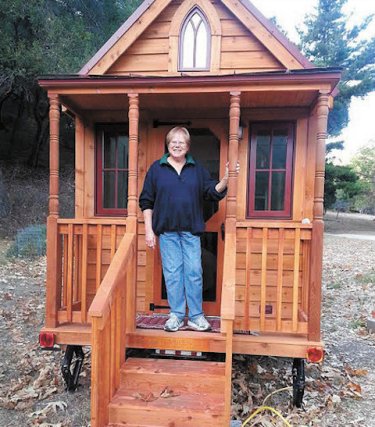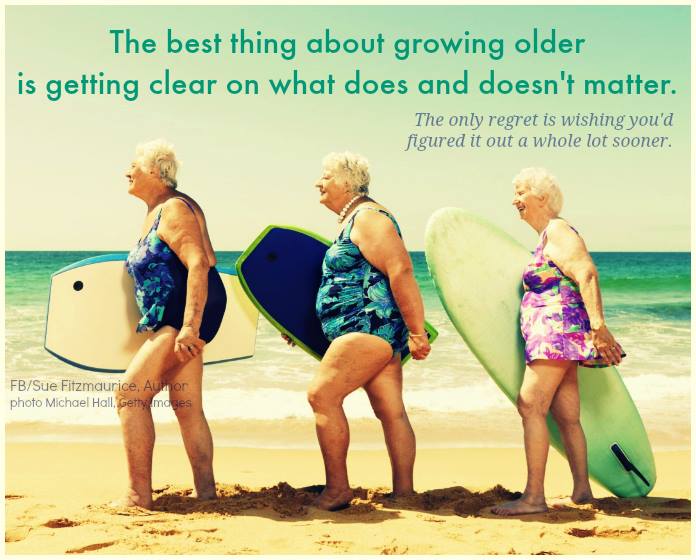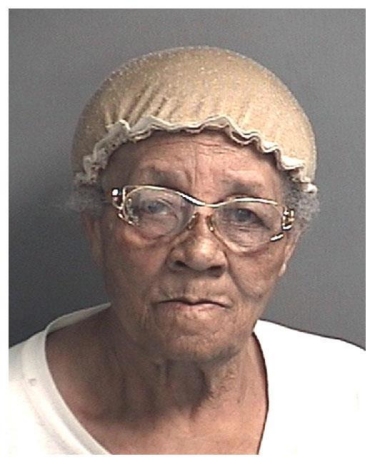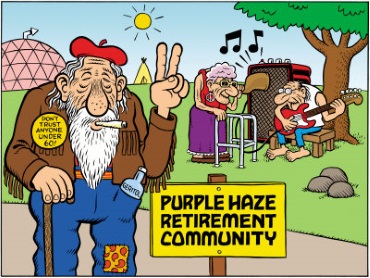VIEW
FROM THE DESK
 |
We are now well into spring here in the
south-west of England and all the trees have leafed out. I have been
watching the oak and ash trees carefully to see who was ahead and I
seem to think the oak definitely had an edge on the ash,
which—according to the old folk wisdom—means it won't be too wet a
summer.
|
Though with climate change the
weather is becoming increasingly unstable all over the world and that
must surely make forecasting harder than ever.
Spring, of course, means gardening. We are already picking new season's
greens and soon the soil will be warm enough for beans. Spring also
means new energy for new projects. Mind you, I really don't need any new
projects. Heading up the publications team for GreenSpirit,
co-editing GreenSpirit magazine, compiling and publishing ebooks,
writing and publishing book reviews and managing several websites, plus
the gardening and the travelling and writing my memoirs (I'm only up to
1958 at the moment so there's a long way to go!) is enough to keep me very fully occupied.
However I have recently taken an interest in the whole concept of
senior cohousing and my partner and I will be getting together with a
bunch of other over-fifties next month to talk about how we might all
set up a cohousing project of our own some time in the next few years.
Sharing resources, as you do in a cohousing setup, really is the
greenest way to go. Plus it provides each member with a ready-made
support group in old age. Senior cohousing is all the rage in Denmark
and is catching on fast in the USA. Here in the UK it is a new idea for
many people but I have no doubt it will catch on quickly as our current
economic system crumbles around us and people start to scale back their
consumption and move into more sustainable lifestyles. We must start
doing that sooner rather than later and a lot of people already are. It
may be too little, too late, but as I wrote
in my blog yesterday, maybe you and I will never know the
outcome and maybe that is OK.
Click here
to read all about our particular cohousing project. With any luck, by
the time the next Elderwoman Newsletter rolls around, I'll be able to
tell you how it is going.
Love and blessings to all,
Marian
|
FEATURE
ARTICLES
The Tensions of Opposites:
Val and Marian talk about some elderwoman dilemmas
The
trials and tribulations of a 66-year-old
by Val
McCrae
I
am on holiday, sitting
looking at the sea which today is a deep, dark blue and is shining and
calm.
People are strolling along the beach. Honestly, the world looks
perfect. I
have nothing in particular that I ‘should’ be doing and, in my head, I
am
loving the lack of demands on my time. But some part of me feels
restless
still.
This is very common for
me. The longing to do absolutely nothing conflicting with that driven
part of
me that wants to be active, useful, involved and busy. It’s a real
internal
battle. There’s quite a strong fear inside me of an elderly, lazy
overweight
blob with stiff knees and hips and nothing useful to do, who is just
waiting for
the chance to appear and take over my life.
I could read, write, watch
DVDs, have more coffee – but oh, I surely ‘should’ move, walk, get
fresh air. I
could take a nap as I am so tired – but oh, I may not sleep
properly
tonight if I do. I could have a little snack to cheer me up – but I’m
trying to
lose weight, aren’t I?
Even in my activities,
there is a tug-of-war between putting in a lot of effort, or just
getting by
with the least time and effort. I could really ‘work it’ when I
exercise – or
perhaps I should take it easier and not risk sore muscles? My bridge
playing is
mediocre – I could study and practise – but, why bother? It’s just a
game. I
could write more regularly and with more direction. I need to put a
book
together, enter a competition, write an article for Starts at Sixty,
but hey,
writing is just for pleasure isn’t it? Does it matter when or what I
write? I
want to read more widely, more classic literature, books about writing,
learn
new things – but I just am so enjoying this novel at the moment. And so
it
goes…I think you may get my drift. I want to play the piano more, but
never
‘find’ the time.
And now I find the battle
is also coming into my dealings with people. I have always liked
socialising,
chatting being involved. But now, I find myself often choosing none of
these
things and preferring to spend time on my own. As I constantly strive
to be
more loving, more tolerant, more compassionate and patient in my Third
Age – as
these are important values to me – I find myself feeling ever LESS
tolerant of
the whims and opinions of others I seem to actively like, and enjoy
fewer and
fewer people. Even a little social contact drains me of energy.
What on earth is going on
here? Aren’t I supposed to become MORE certain with age – not less?
Aren’t I
supposed to be in the stage of equanimity and balance? A year or so
ago, I ran
a course for the U3 A called ‘Ageing Gratefully’. We discussed many of
the
above issues and we did some relaxation and affirmations too. It did
seem that
people pass through the stages of unrest – on to acceptance perhaps
when a bit
older.
I want to age with
gratitude and with some grace. I would like to be a positive role model
and a
teacher to those younger than I. I want peace of mind and contentment.
At the
same time, I want to age loudly, riotously and disgracefully – never
invisible,
never unnoticed! Can I have it all? Please?
So, I am wondering – dear
readers, what your own experiences and thoughts might be? Do you share
some of
my struggles, or do I need to face the fact that I am a little strange
and just
deal with it? Is it a phase I am passing through, or is it a
personality flaw
that won’t go away?

|
Val would describe herself
as a "budding" writer, constantly working on her memoir. Has been on
several writing courses (the last one in Paris!) and imagines one day
having a
book published! Don't we all? Isn't it true that each of us has a book
inside
us? She says that mostly, writing is a pleasure, it is therapy, it is
cathartic, it is an art, a skill, it is more than a hobby and more a
way of
life. Writing down the issues that create passion is life affirming.
Age is
irrelevant when writing! |
Marian
responds…
Val's
article was first
posted on an Australian blog site called http://www.startsatsixty.com.au/ and it attracted 85
comments. Most of the
people commenting said they totally related to what she was saying.
So
did I. However, since this
is something I have thought a lot about in recent years, and I suspect
that these dilemmas are ones that many of our readers also
struggle with at times, I would like to add my
own thoughts here as well.
The
Rise
and Rise of the Inner Taskmaster
It
is now many years since
I retired but I still face, on a daily basis, the dilemma that Val
refers to in
her first paragraph—that tension between what I call the 'inner dynamo' and the 'inner
slob.'
However there is something I noticed, a long time ago, that gave me a
clue
about what might be going on. Which is that for me the tension between
the
dynamo and the slob seemed to be much
less on the weekends, especially on Sundays.
Think about it: from the
time we start school at age five or six, our lives are divided into two
parts.
For five-sevenths of every week we are kept busy whether we feel like
it or
not, we are totally 'other-directed', ruled by the clock, by bells and
whistles
and timetables, we have to perform and achieve, obey and behave. Even
when we
get home, there is homework to be done before we can go out and play.
With the
exception of weekends and holidays/vacations, that is how we are forced
to live
for twelve of our most highly formative years.
If
we go to college, there
are several more years of the same. Except that now, if we are to
survive and
achieve we have to transfer that 'other-directedness' into ourselves.
Nobody is
forcing us to attend lectures or turn in assignments any more. So we
have to
make sure that we ourselves can play the role of the teachers and
taskmasters.
By now we have created an inner 'sub-personality' who lives within us
and whose
task it is to keep our noses to the grindstone (except, perhaps, on
Sundays and
on vacation).
And then we get a job. We
most likely have a boss. Some of us even have to punch time clocks!
Mondays through
Fridays are for doing the work, earning the money.
For
those of us who had
children, whether we stayed in the workforce or not, the pattern
persisted. For
at least five-sevenths of every week, we expected ourselves to be busy,
perform, get stuff done, achieve. On weekends, our inner taskmaster
allowed us
to relax a little—except that those of us who had outside jobs probably
did
shopping or even housework on Saturdays. And many of us prepared meals
for our
families seven days a week. We were rarely 'off duty' completely.
All
of us, in our Western
culture, are conditioned to follow this pattern. So even though we
supposedly
'retire' from the workforce the Inner Taskmaster doesn't understand
retirement.
The conditioning is based on fear ("If you don't work hard and do
what's
expected of you, you'll disappoint your parents/fail your exams/lose
your
job/end up a bag lady…") And it persists inside us.
The
Force
of Character
"As I constantly strive to be more loving, more
tolerant, more
compassionate and patient in my Third Age…" says Val, " …I find myself feeling ever LESS tolerant of
the whims and opinions of others." In his book The
Force of Character, Jungian psychologist and author James
Hillman explains that in the normal course of development, some of our
personality characteristics actually deepen more and more as we age.
Because we
are becoming more and more of our authentic selves (remember that
authenticity
was one of the Elderwoman qualities I listed in my Elderwoman
book) then it is harder to dissemble. As we grow in
self-confidence and wisdom, we become less and less bothered about our
'image'.
So if we have had a slight tendency to be self-centred (which we may
well have
compensated for by deliberately acting unselfishly and generously), we
become
more self-centred as we get older. If we have been a somewhat critical
person
we get more critical—and more willing to voice our criticism than we
were when
we were younger and very much concerned with other people's opinions of
us. In
those days we kept our criticisms to ourselves. Now we are relaxing
into
elderhood, they start slipping out. It reminds me of the fact that we
old women
are more likely to wet our knickers when we laugh.
If
we have been quiet and
introverted, even though we have learned and practised a whole raft of
social
skills, we find ourselves longing more and more for peace and quiet and
solitude. And that leads me on to the third aspect of this issue.
The
Sage
in the Mountain Cave
Bill Plotkin's book Nature and the Human Soul has been an
important one for me. As you may recall, those of you who have been
subscribers
to this newsletter for a long time, I wrote about it a few years back
(see: http://www.elderwoman.org/jun11news.html#soul
Since Plotkin is younger
than I am and since he based his knowledge of the last two stages of
development on interviews with just two individuals, I suspect that
there may
be a lot more to learn about the last two stages of our lives. The
first of
these is his Stage Seven, which he calls 'The Master in the Grove of
Elders' and
that is the long and potentially creative and fertile stretch of our
elderwoman
lives between menopause and 'late old age.' The final one, his Stage
Eight, is
the one in which we have mostly moved from 'doing' to simply 'being.'
We shall
still be—one hopes—a force for good and a powerful and important
presence in
our families and communities, but in a more subtle and spiritual way
rather
than a 'hands-on' way. Even though we eventually become too feeble to
stack a
dishwasher, our loved ones feel bathed and blessed by our love and our
wisdom
manifests in small and subtle signs. This stage, Plotkin calls 'The
Sage in the
Mountain Cave.'
Nowadays,
even though,
like Val, I am involved in various creative projects and still trying
to play
my part in greening the world, I am starting to feel that cave
beckoning. Next
year I shall turn eighty. Will this be a watershed? Or will the move to
the
cave be so slow and so gradual that I shall not even notice it? This is
the
terrain I am exploring. I think the cave has such a magnetic pull that
we can
start to feel it even in our sixties. And it gets gradually stronger.
So that,
too, may be a factor in the tensions of opposites that we are exploring
here. Dynamo
vs. Slob: Conditioned Self vs. Authentic Self: Doing vs. Being. It is a
fascinating subject to explore and I like to think of us all as pioneer
adventurers, journeying together along the road of elderhood and
swapping notes
as we go...
| ...and remembering never to take ourselves
too seriously |
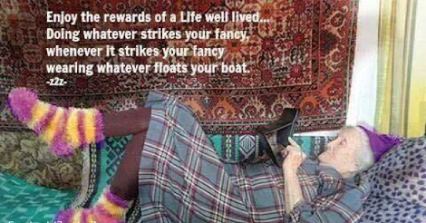 Back to top Back to top |

